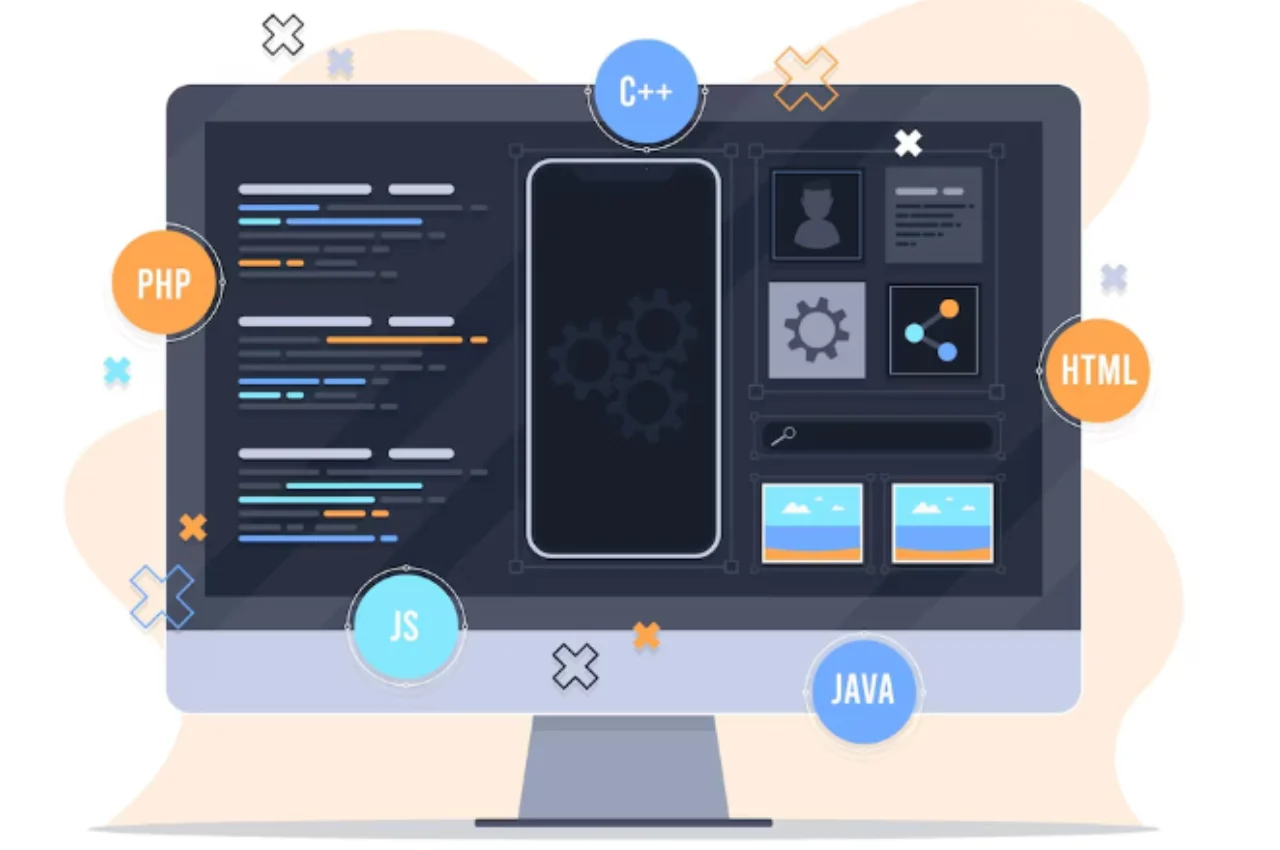WordPress Hosting is a type of web hosting optimized for WordPress websites. It offers specific features for smooth WordPress performance.
WordPress Hosting ensures seamless operation and high performance of your WordPress website, enhancing user experience and SEO rankings. By choosing WordPress Hosting, you can benefit from specialized support, security measures, and software optimizations tailored for WordPress sites. The hosting environment is configured to meet the specific requirements of WordPress, enabling faster loading times and better overall performance.
With WordPress Hosting, you can focus on creating and managing your website content while the hosting provider takes care of the technical aspects to ensure optimal functionality.
Table of Contents
Choosing The Right WordPress Hosting
When it comes to setting up a WordPress website, choosing the right hosting service is crucial for ensuring optimal performance, security, and reliability. With a myriad of options available, it can be overwhelming to decide which type of WordPress hosting is best suited for your specific needs. In this guide, we’ll explore the factors to consider and the types of WordPress hosting to help you make an informed decision.

Factors to Consider
- Performance: Ensure the hosting provider offers fast loading times and high uptime to keep your website running smoothly.
- Security: Look for features such as SSL certificates, regular backups, and robust security measures to protect your website from cyber threats.
- Scalability: Choose a hosting plan that allows you to easily scale up as your website traffic grows.
- Support: Opt for a hosting provider that offers reliable customer support to assist you in case of any technical issues.
- Cost: Consider the pricing plans and ensure they align with your budget while meeting your performance and storage requirements.
Types of WordPress Hosting
There are several types of WordPress hosting available, each catering to different needs and budgets:
- Shared Hosting: Ideal for small websites with moderate traffic, shared hosting involves multiple websites sharing the same server resources.
- VPS Hosting: Virtual Private Server hosting provides dedicated resources within a shared environment, offering greater control and scalability.
- Dedicated Hosting: With dedicated hosting, you have an entire server to yourself, providing maximum performance, security, and customization options.
- Managed WordPress Hosting: This type of hosting is tailored specifically for WordPress websites, offering automatic updates, enhanced security, and expert support.
- Cloud Hosting: Cloud hosting utilizes a network of virtual servers to provide scalability and reliability, making it suitable for high-traffic websites.
Setting up WordPress Hosting
Setting up WordPress hosting is a crucial step in launching a successful website. From selecting a hosting provider to installing WordPress, each stage plays a vital role in ensuring your website runs smoothly and efficiently.
Selecting a Hosting Provider
When choosing a hosting provider for your WordPress site, it’s important to consider factors such as speed, reliability, security, customer support, and scalability. Look for a provider that offers specialized WordPress hosting plans, as these are optimized for the specific requirements of WordPress websites. Compare different hosting providers and read customer reviews to make an informed decision.
Installing WordPress
Once you’ve selected a hosting provider, the next step is to install WordPress on your hosting account. Many hosting providers offer one-click installation options, making the process quick and straightforward. Alternatively, you can manually install WordPress by downloading the software from the official website and following the installation instructions provided. After installation, you can customize your WordPress site to fit your specific needs and preferences.
Optimizing WordPress Hosting Performance
Enhancing the performance of your WordPress website is crucial for user experience and search engine rankings. By focusing on optimizing WordPress hosting performance, you can ensure a fast and secure website for your visitors. Let’s explore two key aspects of performance optimization: Caching and CDN, and Security Measures.

Caching and CDN
- Implement caching to store frequently accessed data for faster retrieval.
- Utilize a Content Delivery Network (CDN) to distribute content globally for faster loading times.
Security Measures
- Install SSL certificates to encrypt data and secure user information.
- Regularly update WordPress and plugins to patch security vulnerabilities.
Scaling WordPress Hosting
Scaling WordPress hosting is crucial for ensuring your website can handle increased traffic without experiencing slowdowns or downtime. As your site grows, it’s essential to upgrade your hosting plan to accommodate the increased demands on your server. In this article, we’ll explore some key strategies for scaling WordPress hosting to meet the needs of a growing website.
Handling Increased Traffic
When your WordPress site experiences a surge in traffic, it’s important to have a hosting plan that can handle the increased load. Optimizing your website for speed by using caching plugins and content delivery networks (CDNs) can help alleviate some of the strain on your server. Additionally, consider upgrading to a managed WordPress hosting plan that offers dedicated resources and enhanced performance to keep your site running smoothly even during traffic spikes.
Upgrading Hosting Plans
As your website grows, it may be necessary to upgrade your hosting plan to accommodate the increased traffic and resource demands. Many hosting providers offer scalable plans that allow you to easily upgrade your resources as needed. Consider switching to a VPS or dedicated server to gain more control over your hosting environment and ensure optimal performance for your WordPress site.
Common Issues and Troubleshooting
When it comes to WordPress hosting, there are a few common issues that users may encounter. These issues can impact the performance and reliability of your website. Here are some common issues and troubleshooting tips to help you address them.

Slow Loading Speeds
Slow loading speeds can be frustrating for both website visitors and site owners. They can negatively impact user experience and even affect your search engine rankings. There are several factors that can contribute to slow loading speeds, such as large image files, excessive plugins, or inadequate server resources.
To address slow loading speeds, consider optimizing your images by compressing them without sacrificing quality. Additionally, review and remove any unnecessary plugins that may be slowing down your site. Upgrading to a higher-tier hosting plan with more resources can also help improve loading speeds.
Server Downtime
Server downtime can be a major concern for website owners, as it results in their websites being inaccessible to visitors. This can lead to a loss of potential customers and revenue. Server downtime can be caused by various reasons, including hardware failures, software issues, or network problems.
To troubleshoot server downtime, it’s important to monitor your website’s uptime using tools or services that provide alerts for downtime. This allows you to quickly identify and address any server issues. Consider reaching out to your hosting provider to investigate the root cause of the downtime and explore potential solutions to prevent future occurrences.
Conclusion
WordPress hosting offers a user-friendly platform for website management. It provides reliable performance, security, and scalability for your online presence. Choosing the right hosting plan can optimize your site’s speed and SEO. Consider your needs and budget to select the best WordPress hosting solution.


